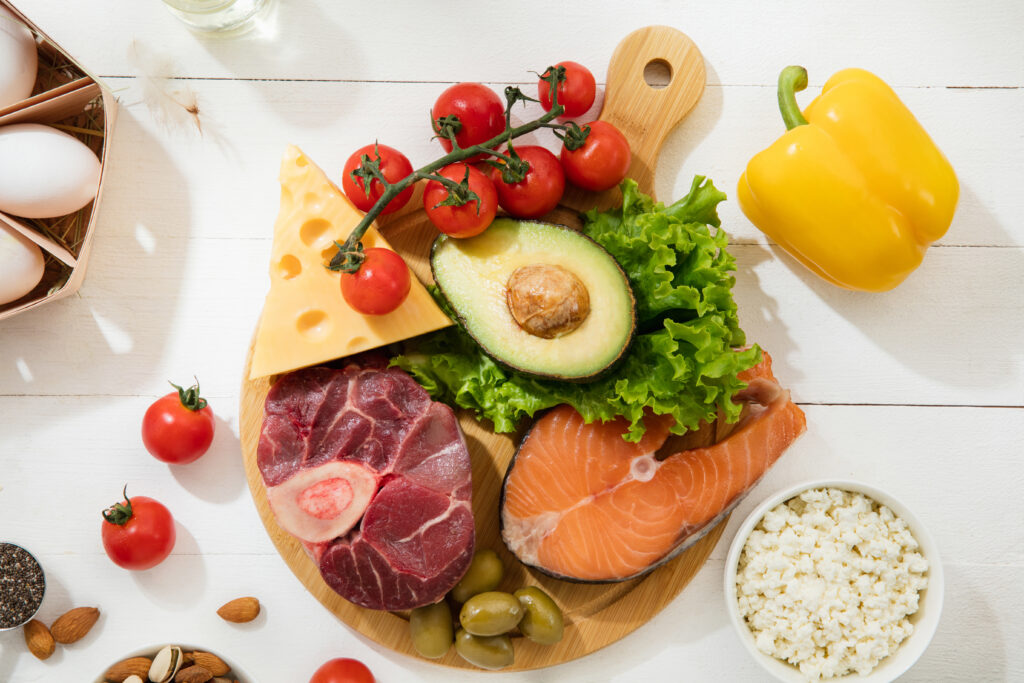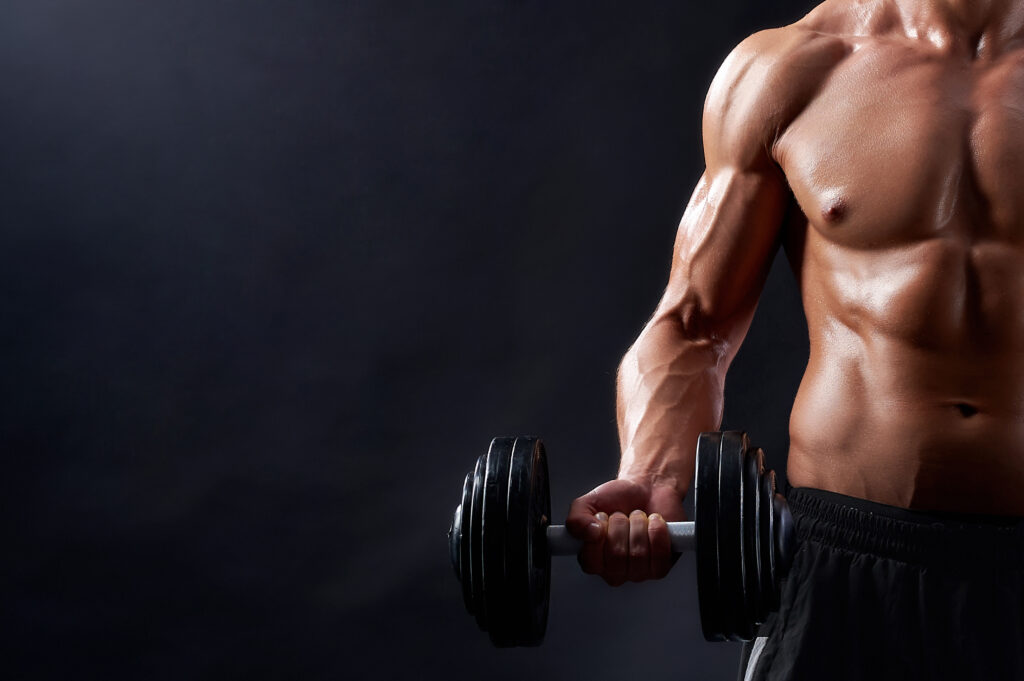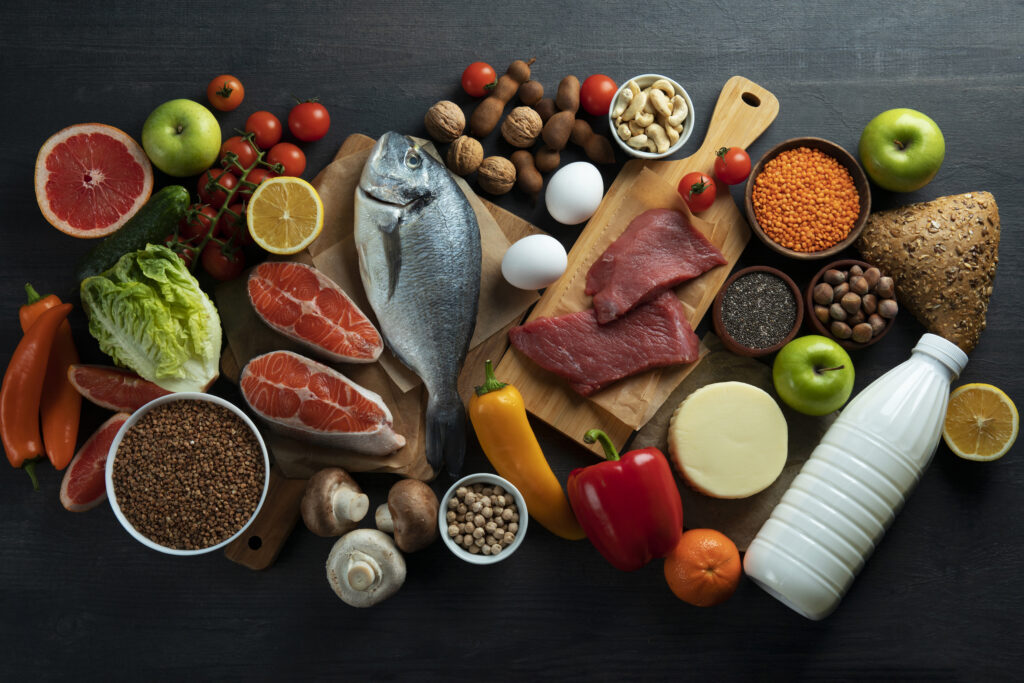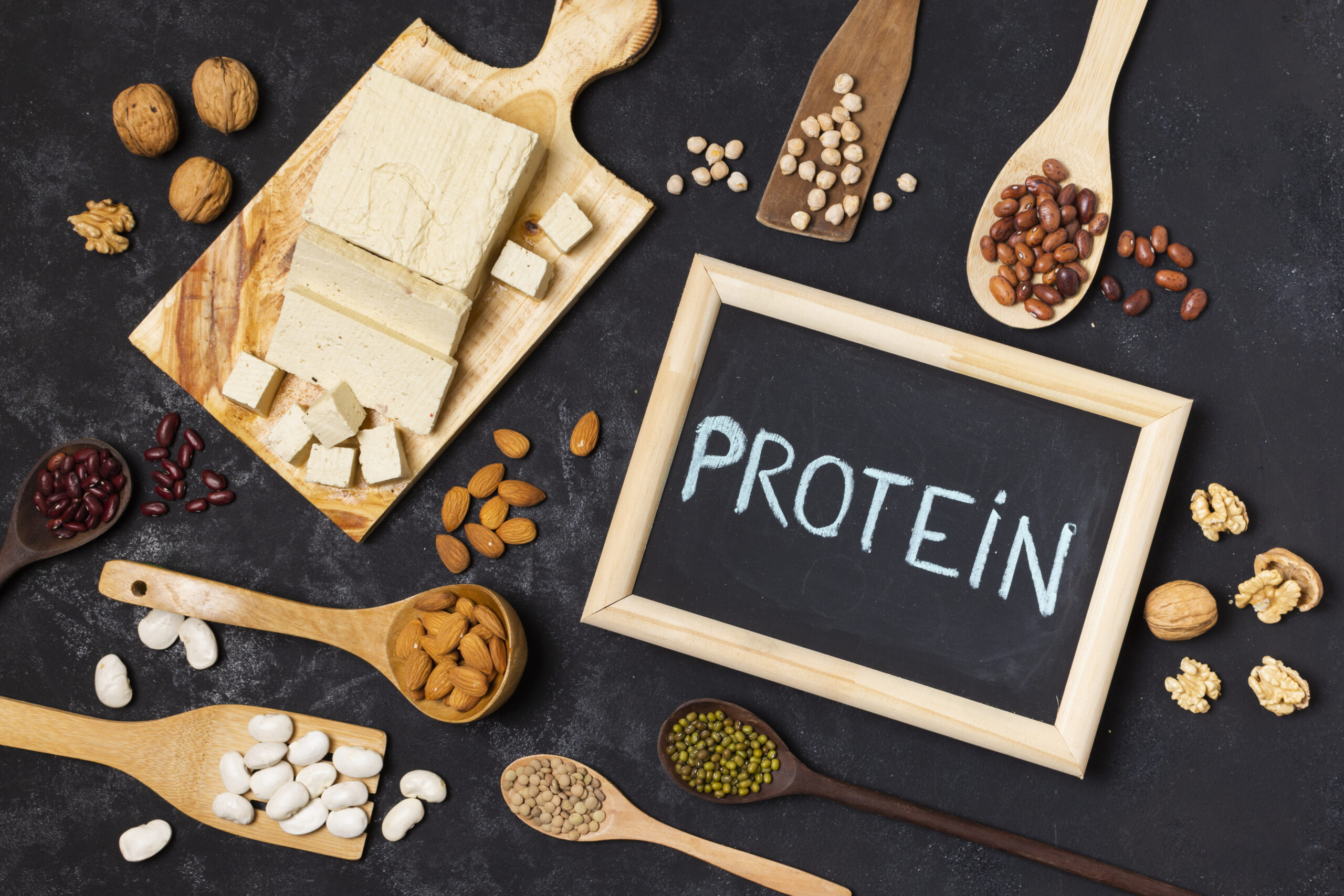Table of Contents
Introduction
In today’s health-conscious world, finding the right diet plan can be overwhelming. If you’re looking for an effective way to shed those extra pounds while maintaining muscle tone and energy levels, the ideal protein diet might be the solution you’ve been searching for. This article will guide you through the key aspects of the ideal protein diet, its benefits, and provide you with practical tips to succeed on this transformative journey.
Before delving into the specifics of the ideal protein diet, let’s first grasp the significance of protein in our diet. Protein is an essential nutrient that plays a critical role in numerous physiological processes within the human body. It contributes to the growth, repair, and maintenance of tissues, supports a healthy immune system, and acts as a building block for enzymes and hormones.

Experts recommend a daily protein intake of approximately 0.8 grams per kilogram of body weight. However, individual needs may vary depending on factors such as age, activity level, and overall health. To meet your protein requirements, incorporate a variety of sources into your meals, including lean meats, poultry, fish, eggs, dairy products, legumes, and plant-based alternatives like tofu and quinoa.
What is the Ideal Protein Diet?
The ideal protein diet is a low-carbohydrate, high-protein weight loss program designed to promote fat loss while preserving lean muscle mass. It emphasizes the consumption of lean protein sources and restricts carbohydrates to induce a metabolic state called ketosis. By depleting carbohydrate stores, the body turns to stored fat for energy, resulting in weight loss.
The diet follows a structured approach consisting of different phases, each serving a unique purpose. During the initial phase, you’ll consume a combination of protein-rich foods and specially formulated ideal protein products to kickstart your weight loss journey. As you progress, the program gradually reintroduces additional food groups while maintaining a focus on protein intake.

Benefits of the Ideal Protein Diet
Weight loss: The primary goal of the ideal protein diet is sustainable weight loss. By limiting carbohydrates and increasing protein intake, the diet helps suppress hunger and promotes fat burning, leading to significant and consistent weight loss.
Improved muscle tone: Unlike other weight loss programs that may result in muscle loss, the ideal protein diet prioritizes preserving muscle mass. With an adequate protein intake and regular exercise, you can enhance muscle tone and achieve a more sculpted physique.
Increased energy levels: Protein is a crucial source of sustained energy. By incorporating high-quality protein into your diet, you’ll experience improved energy levels throughout the day, allowing you to engage in physical activities with vigor.
Reduced cravings: Protein-rich foods are known to promote satiety, making you feel fuller for longer periods. This can help curb cravings and prevent overeating, supporting your weight loss efforts.

Sample Meal Plan for the Ideal Protein Diet
Breakfast:
Spinach and mushroom omelet
Ideal protein chocolate drink mix
Lunch:
Savor a delectable dish of succulent grilled chicken breast accompanied by a medley of fresh greens and drizzled with a flavorful vinaigrette dressing.
Ideal protein sea salt and vinegar crisps
Dinner:
Baked salmon with roasted asparagus
Ideal protein vanilla crispy square
Snacks:
Ideal protein BBQ crisps
Celery sticks with almond butter
Guidelines to Achieve Optimal Results on the Ideal Protein Diet
To maximize your success on the ideal protein diet, consider the following tips:
Maintaining proper hydration levels is crucial for promoting overall well-being and supporting successful weight loss endeavors. Aim to consume at least 8 cups of water per day to stay properly hydrated.
Monitor portion sizes: While the ideal protein diet focuses on protein-rich foods, it’s crucial to pay attention to portion sizes. Balancing your meals with appropriate servings of vegetables and other allowed food items is key to achieving a well-rounded diet.
Incorporate exercise: Physical activity complements a healthy diet and promotes overall well-being. Engage in regular exercise such as cardiovascular workouts, strength training, and flexibility exercises to enhance your weight loss journey and maintain muscle tone.
Seek support and accountability: Joining a support group or involving a friend or family member in your dieting journey can provide valuable motivation and accountability. Sharing your challenges and successes with others can make the process more enjoyable and increase your chances of achieving long-term success.
Potential Side Effects and Considerations

While the ideal protein diet offers numerous benefits, it’s important to be aware of potential side effects and consider certain factors:
Temporary side effects: As your body adapts to a low-carbohydrate diet, you may experience temporary side effects such as fatigue, dizziness, and bad breath. These symptoms typically subside as your body adjusts to the dietary changes.
Long-term sustainability: The ideal protein diet is designed for short-term weight loss and weight maintenance. It’s important to develop sustainable eating habits and transition to a balanced, nutrient-rich diet after completing the program to maintain long-term health and weight management.
Consulting a healthcare professional: Before embarking on any weight loss program, it’s advisable to consult a healthcare professional, especially if you have any pre-existing medical conditions or concerns. They can assess your individual needs, provide guidance, and ensure the diet aligns with your overall health goals.
Conclusion
The ideal protein diet offers a structured and effective approach to weight loss, with an emphasis on protein consumption and controlled carbohydrate intake. By following the principles of this diet, you can achieve significant weight loss, improve muscle tone, boost energy levels, and reduce cravings. Remember to stay committed, seek support, and consult a healthcare professional for personalized advice.
FAQs
Q. Is the ideal protein diet suitable for everyone?
A. The ideal protein diet is generally safe and suitable for most individuals. However, it’s important to consult with a healthcare professional before starting any new diet, especially if you have underlying health conditions or dietary restrictions.
Q. How long does it take to see results on the ideal protein diet?
A. Weight loss progress differs from individual to individual, with the pace varying based on various factors and personal circumstances. However, many individuals experience noticeable results within the first few weeks of following the ideal protein diet. Consistency and adherence to the program are key factors in achieving and maintaining desired outcomes.
Q. Can I exercise while on the diet?
A. Yes, incorporating regular exercise into your routine is highly encouraged while on the ideal protein diet. Exercise helps improve overall fitness, supports muscle tone, and contributes to a healthy metabolism. Consult with a healthcare professional or a fitness expert to determine the most suitable exercise regimen for your specific needs.
Q. Are there any restrictions on the ideal protein diet?
A. The ideal protein diet involves restrictions on certain food groups, particularly those high in carbohydrates. During the initial phases, you’ll be advised to limit or avoid foods like bread, pasta, rice, and sugary snacks. However, the program provides a variety of protein-rich foods, vegetables, and other allowed items to create balanced and satisfying meals.
Q. What happens after completing the diet?
A. After completing the ideal protein diet program, it’s important to transition into a maintenance phase that focuses on sustainable eating habits and long-term weight management. This phase typically involves gradually reintroducing additional food groups while still maintaining a balanced protein intake. Working with a healthcare professional or a registered dietitian can be helpful during this transition to ensure you continue to make healthy choices and maintain your desired weight.

